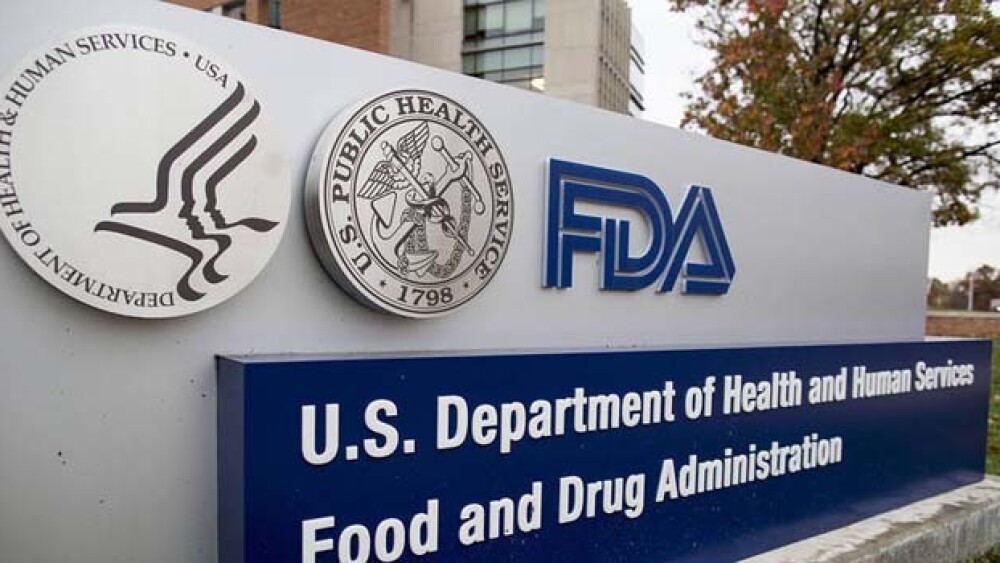Shares of France-based Ipsen are down more than 2% on the Euronext Paris exchange after the U.S. Food and Drug Administration placed a partial clinical hold on its investigational treatment for fibrodysplasia ossificans progressiva (FOP) and multiple osteochondromas (MO).
Shares of France-based Ipsen are down more than 2% on the Euronext Paris exchange after the U.S. Food and Drug Administration (FDA) placed a partial clinical hold on its investigational treatment for fibrodysplasia ossificans progressiva (FOP) and multiple osteochondromas (MO).
Ipsen gained the investigational drug in question, palovarotene, about nine months ago when the company acquired Canada-based Clementia for $1.3 billion. Palovarotene inhibits excess bone morphogenetic protein (BMP) signaling which is linked to the progression of FOP and MO, both of which are rare disabling bone disorders for which there are no currently approved treatments.
This morning, Ipsen said the FDA placed the hold on pediatric studies of IND120181 and IND135403, which are both investing the use of palovarotene for the chronic treatment of FOP and MO, respectively. The partial clinical hold was issued following safety reports that raised concern about early growth plate closure in pediatric patients with FOP treated with palovarotene. Ipsen said there have been no serious adverse events related to early growth plate closure in the MO study, but the FDA included that study out of an abundance of caution. The hold applies to the pediatric patients in the Phase II (PVO-1A-202/204 and PVO-2A-201) and Phase II (PVO-1A-301) studies in all clinical sites at the global level. The FDA is allowing the studies to continue to treat patients 14 years of age and older.
Since the MO study is a primarily pediatric study with the upper age of enrollment at 14 years, all subjects currently participating in the study will have an interruption of treatment until further notice and no new patients will be enrolled while the partial clinical hold is in effect, Ipsen said.
When Ipsen acquired Clementia, the company had been planning to file a New Drug Application for palovarotene in acute/flare-up FOP by the end of this year. Despite the hold, Ipsen said it will continue to prepare the NDA as it looks to resolve the partial clinical hold.
Ipsen wasn’t the only company to see a setback this week from regulatory action. Enzyvant, one of biotech entrepreneur Vivek Ramaswamy’s companies, was hit with a Complete Response Letter from the U.S. Food and Drug Administration for its regenerative tissue therapy RVT-802, which is aimed at treating congenital athymia. Congenital athymia is a disorder that affects children born without the thymus, a gland that produced T-cells. RVT-802 is designed to replicate this process in the absence of a thymus.
In its CRL, the FDA raised concerns over the manufacturing process of RVT-802. There were also other concerns regarding the company’s manufacturing facilities, Reuters reported. Specific details of the CRL were not reported but Enzyvant Chief Executive Officer Rachelle Jacques told Reuters that the company was expecting to be flagged for manufacturing, but said they believed it would be something that could be taken care of with post-marketing commitments, as opposed to approval requirements.
“The good news is there’s no requirement for us to foresee any additional animal studies or any additional clinical trials,” Jacques told Reuters.





